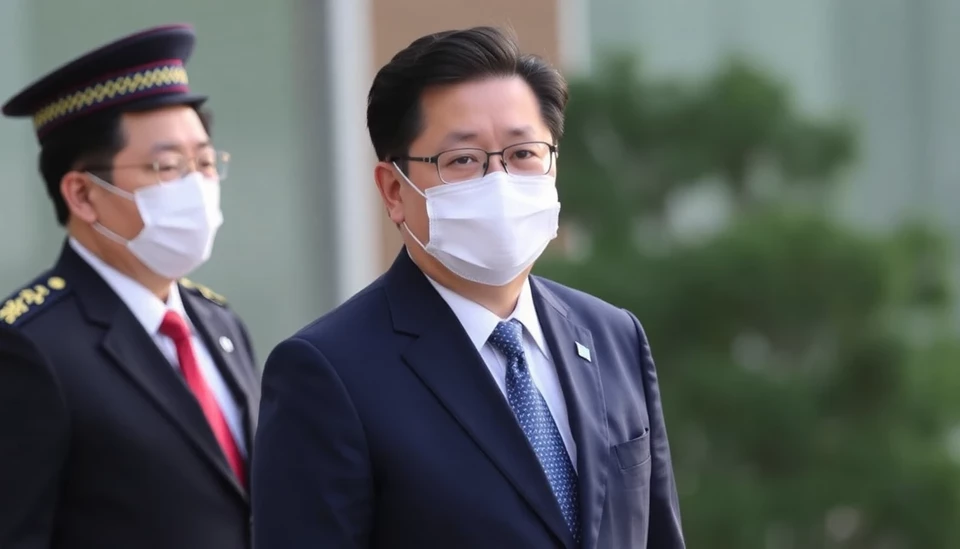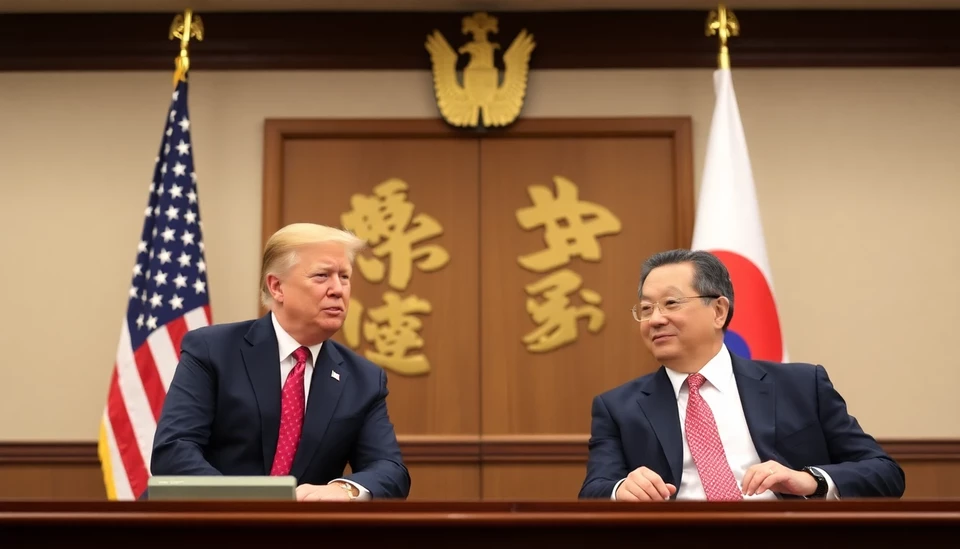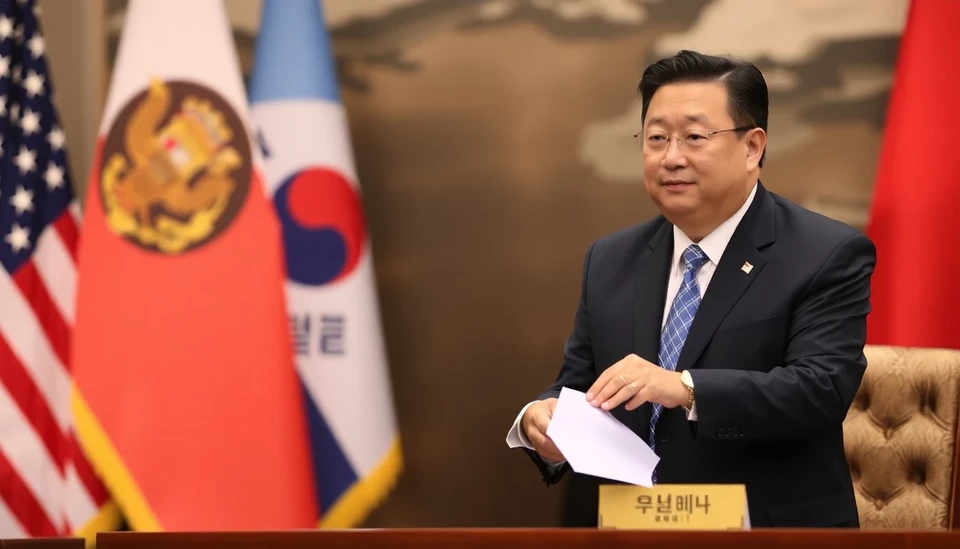
In a significant political development, South Korean President Yoon Suk-yeol is facing mounting pressure as the nation navigates a contentious budget debate. The conflict occurs in the shadow of Donald Trump's anticipated return to global politics as he gears up for a potential reelection campaign in 2024. This situation complicates Yoon's efforts to restore confidence in the South Korean economy, which has been challenged by inflation, a rising interest rate environment, and a fluctuating job market.
The South Korean government proposed a budget amounting to 639.4 trillion won (approximately $480 billion) for the fiscal year 2024, marking an increase of 3.4% from the previous year. This budget is crafted with an assertive goal: to stimulate economic growth while addressing welfare demands and enhancing national security. However, the proposal has sparked a heated debate among lawmakers, primarily within the ruling People Power Party and the opposition Democratic Party.
President Yoon's administration argues that the budget is necessary to ensure economic stability and resilience, particularly as global instability persists. Nevertheless, critics argue that the budget's ambitious goals may lead to prolonged deficits, with long-term implications for the South Korean economy. The government’s push for increased spending has met with skepticism, especially amid concerns about rising national debt and the impact on public services.
Compounding the challenges, the dynamics of international politics are evolving. As Trump positions himself for a possible political comeback, South Korea's geopolitical landscape remains unsettled. Yoon's administration must prepare for the potential fallout from changes in U.S. foreign policy, especially concerning North Korea and economic partnerships. The implications of Trump’s potential return to office could have far-reaching consequences for South Korea, particularly regarding defense spending and trade relations.
The rising tensions in the budgeting process also reflect broader nerves within South Korean society, where inflation remains a concern. As prices climb and household debt reaches record levels, the government’s ability to implement effective policies is under scrutiny. A failure to pass the budget on schedule could lead to delays in critical welfare programs and public services, further intensifying discontent among citizens.
In facing this budgetary impasse, President Yoon finds himself in a precarious position, balancing the need for effective governance with the pressures of party loyalty and public opinion. As debates continue to unfold in the National Assembly, the stakes remain high, not just for Yoon’s presidency but for the future trajectory of South Korea’s economy and its role in a rapidly changing global landscape.
With major decisions looming, South Korean lawmakers are being called to navigate a budget that, if approved, could either bolster economic recovery or exacerbate existing challenges. The implications of these decisions will likely resonate beyond national borders, impacting not just South Korea but regional stability as well.
As citizens await the outcome of these discussions, the political scene remains charged with anticipation, making this budget tussle a defining moment for President Yoon and the administration's forward trajectory.
#SouthKorea #Budget2024 #YoonSukYeol #DonaldTrump #EconomicPolicy #Geopolitics #NationalAssembly #Inflation #PublicSpending #PoliticalChallenges
Author: Laura Mitchell




